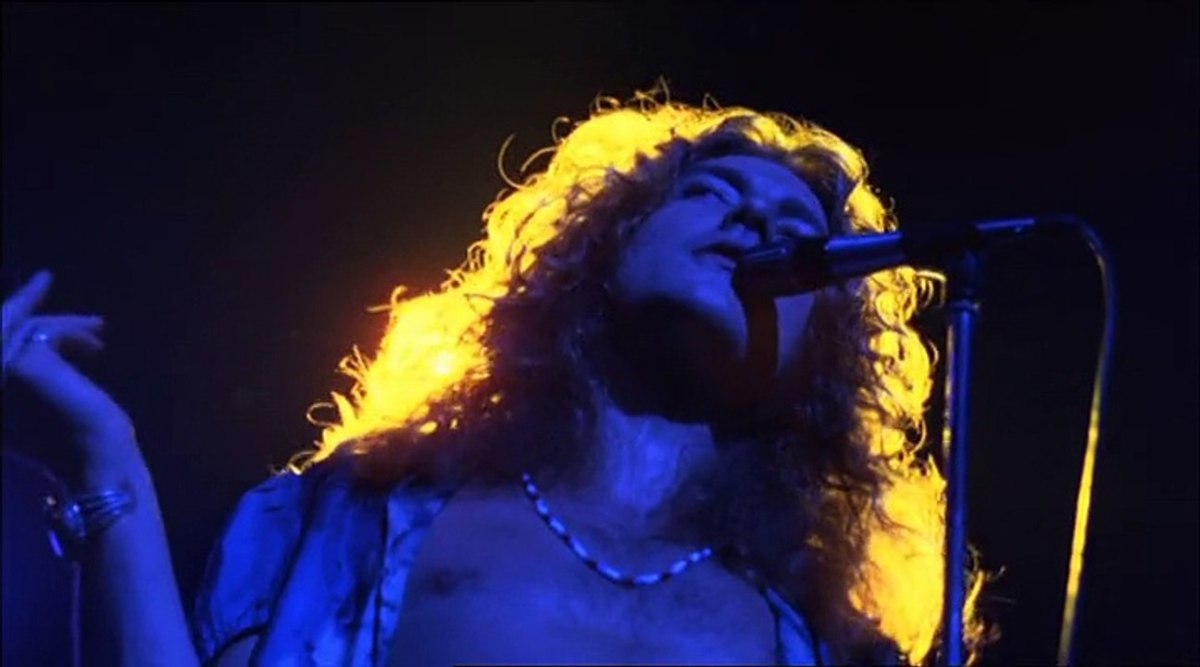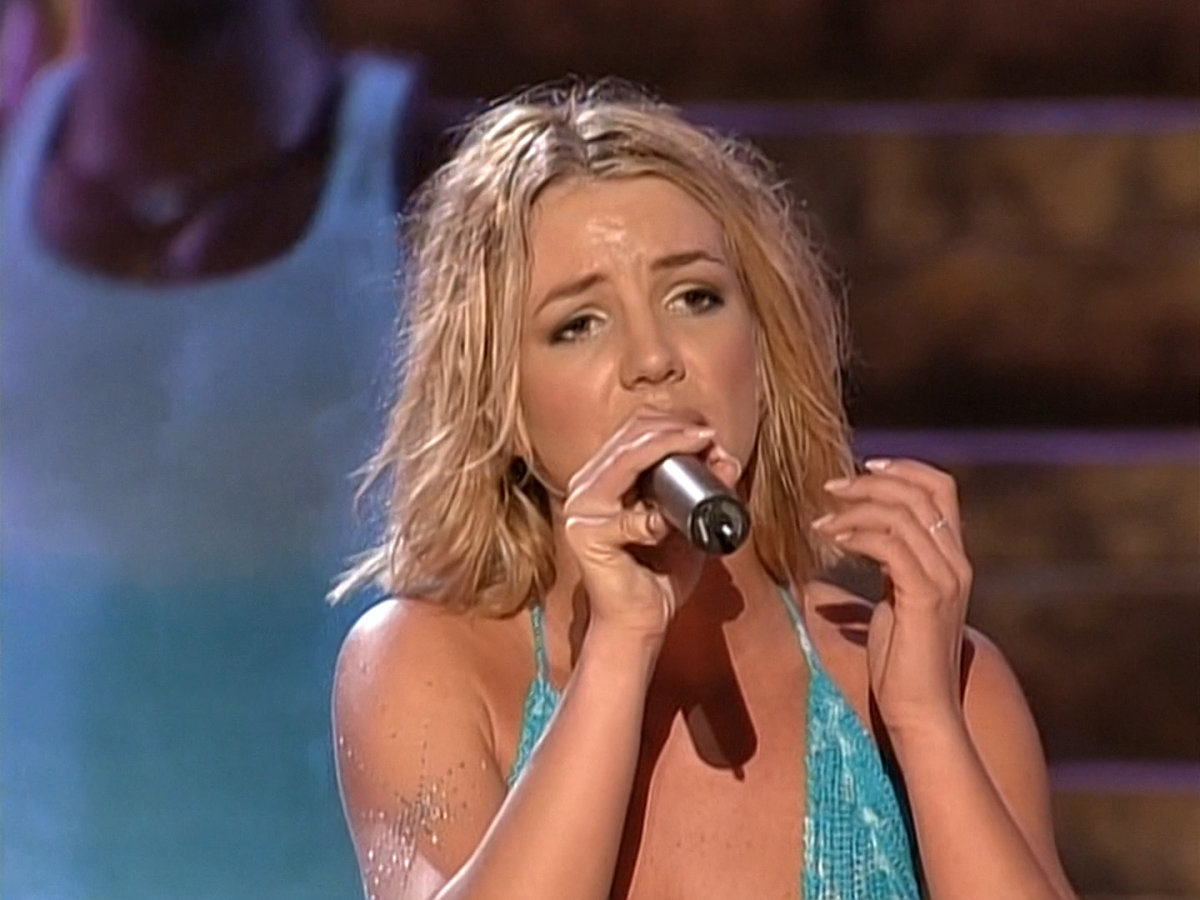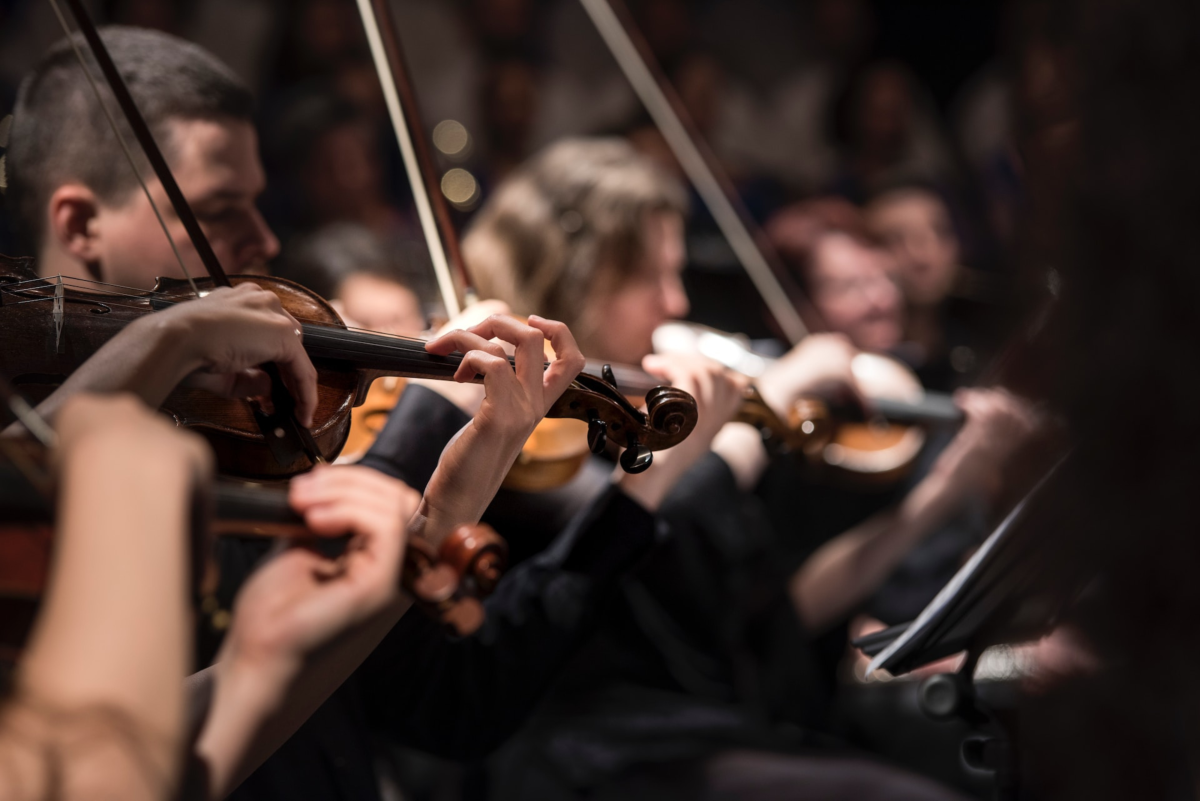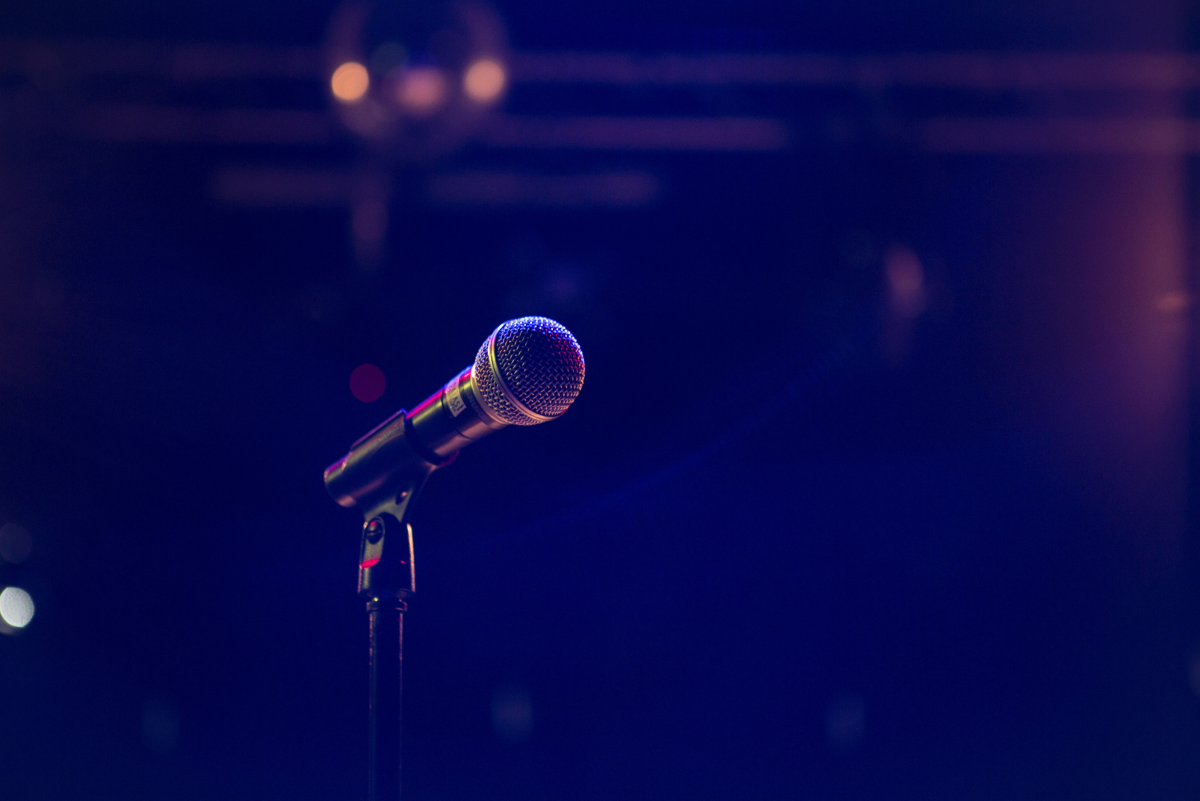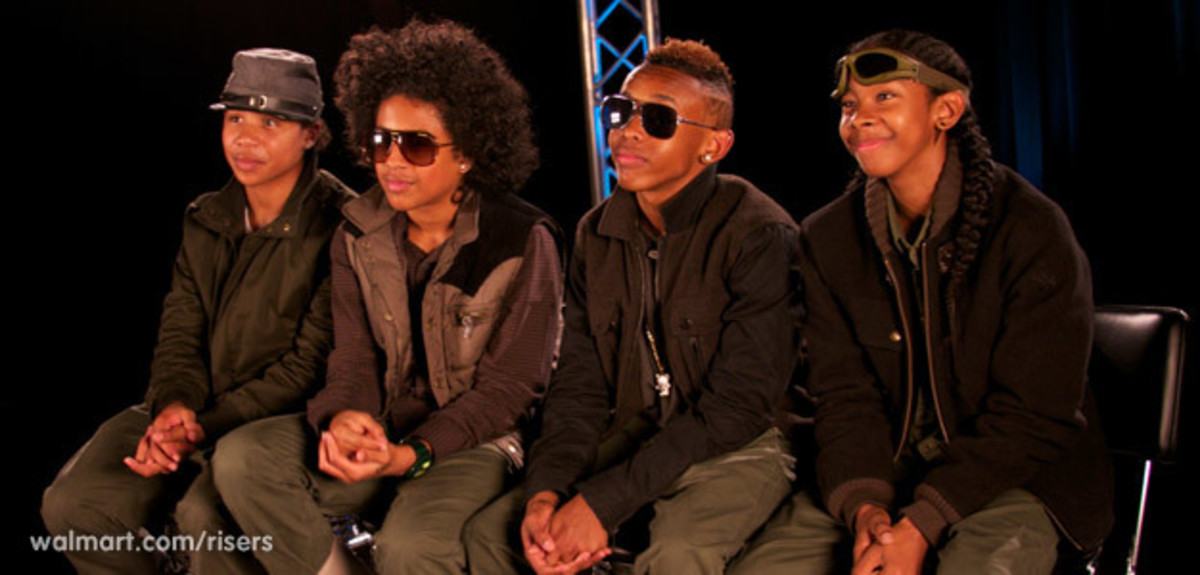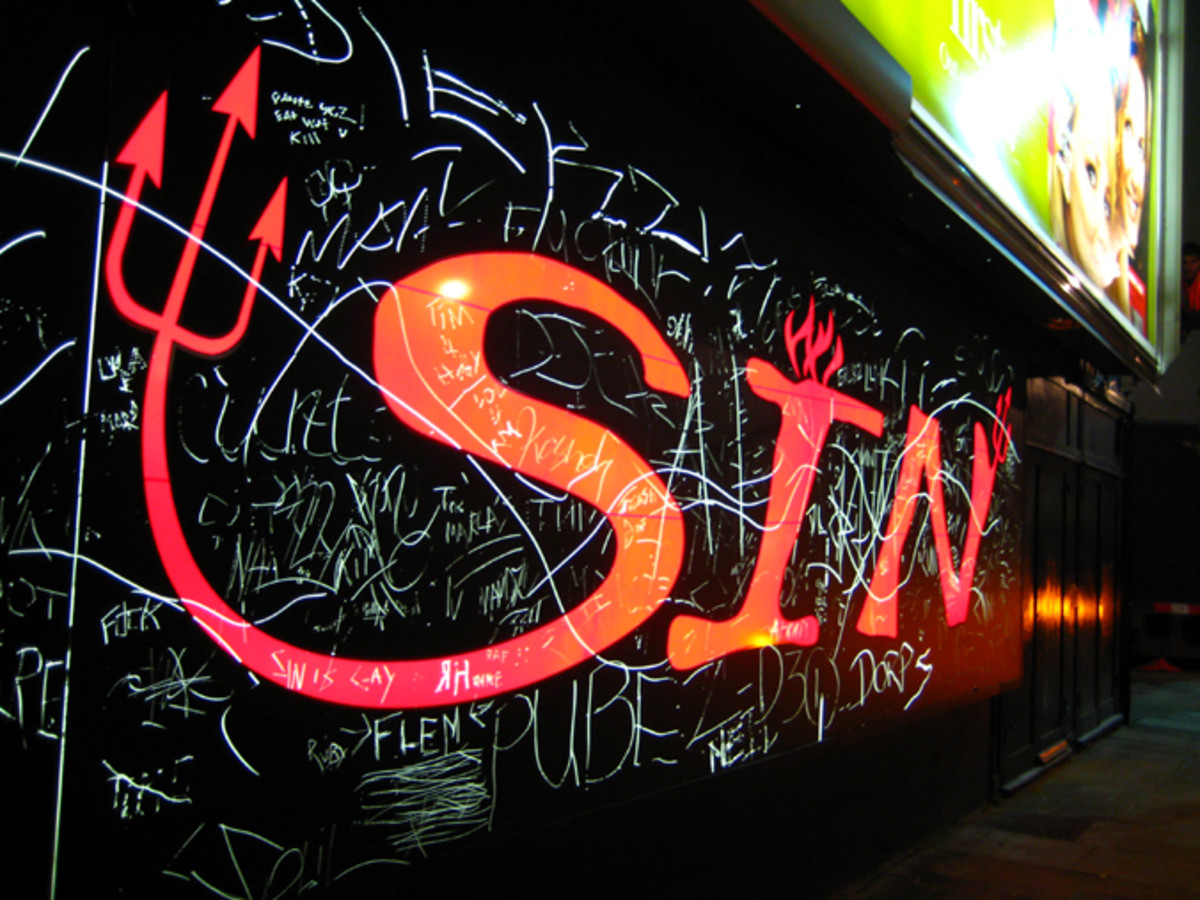Exploring the Influence of Music in Daily Life
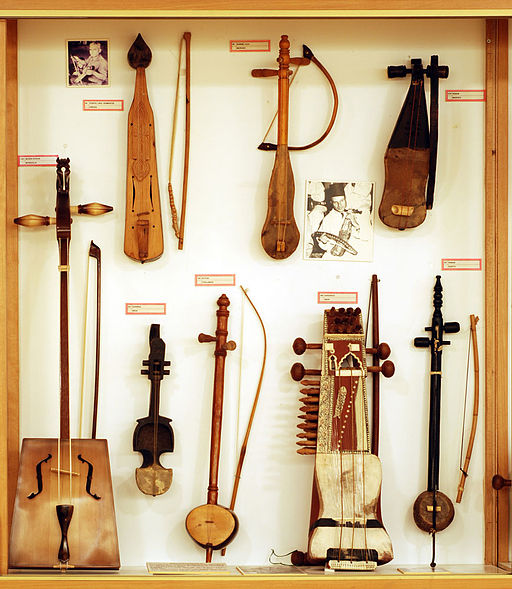
Listening to MUSIC is indeed essential in our daily lives and it is of great significance to pin point at this subject. Music affects everyone in different ways and it affect people emotionally. Scientists have reveled in their researches ,that music can improve in people's mood,simply by listening to different types of songs. In a way,people tend to listen to music that reflects in which mood they are. When a person is happy ,he listens to lively music while when he feels down and sad ,he listens to sad music. This goes back to dopamine ,which is a chemical released by nerve cells to send signals to other nerve cells; so dopamine determines things such as human pleasure. For instance when listening to happy songs ,waves will be sent to the brain and will make an elevation in the mood.
Why people like sad songs?
People who are going through break-ups or those having relationship problems ,prefer to listen to music that reflect their negative mood. So sad and melancholic music,or those romantic and expressive sad songs are more likely to be heard by them. Some people ,specially when frustrated like the type of music that reflects angriness.
Listening to a specific kind of song in some cases, can heal and relax the nervous system. It has been reported that music can help people who had strokes, in recovering during rehabilitation. Stroke patients who listen to music for a period of time could developed verbal memory. Scientists speculate that a type of music like jazz for instance, help in the activities of the frontal brain and are a motivation to those patients in their ability to move easier. Furthermore music activates every region of the brain and reflects every body function.
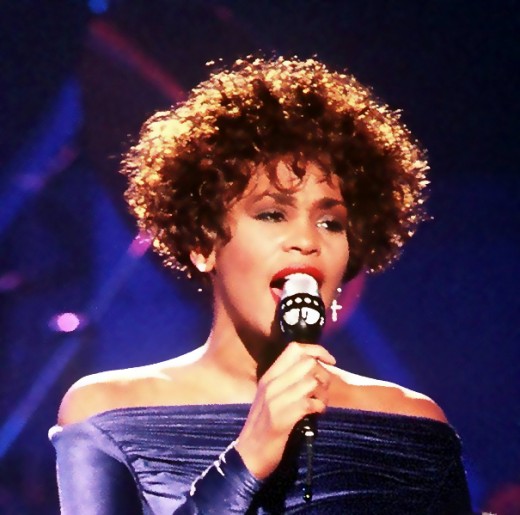
What is your favorite music genre?
Types of music genres and their styles
Music will always remain a form of art. Every genre has been produced and the followed up. Here is a large list of musical genres and their styles:
1.Classic music: Music of old days, mostly unforgettable. It is what orchestras play in an auditorium with a conduct waving his staff about.
- Baroque, Choral, Medieval.
2. Rock and Roll: The term "rock and roll" now has at least two different meanings, both in common usage: referring to the first wave of music that originated in the US in the 1950s and would later develop into the more encompassing international style known as rock music, and as a term simply synonymous with the rock music and culture in the broad sense.
- Adult Alternative, Jam bands, Surf, Hair Metal.
3. Blues: Blues is a the name given to both a musical form that originated in African-American communities primarily the United States ,around the end of the 19th century from spirituals, work songs, field hollers, and rhymed simple narrative ballads. It became so important because of its historical background.
- Country Blues, Delta.
4.New Age:New-age music includes both electronics forms, frequently relying on sustained pads or long sequencer based runs, and acoustic forms, featuring instruments such as flutes, piano, acoustic guitar and a wide variety of non-western acoustic instruments.
- Environmental, Healing, Nature , Meditation
5.R&B:Rhythm and blues often abbreviated to R&B, is a genre of popular African-American music that originated in the 1940s.The term was used by record companies to describe recordings marketed to urban African Americans, at a time when "urbane, rocking, jazz based music with a heavy, insistent beat" was becoming more famous.
- Soul Contemporary, Funk, Quiet Storm, Soul.
6.Reggae: Reggae is a music genre first developed in Jamaica in the late 1960s. While sometimes used in a broad sense to refer to most types of popular Jamaican Music the term reggae denotes a particular music style that developed out of the earlier genres ska and rock steady.
- Dance Hall, Dub, Ska.
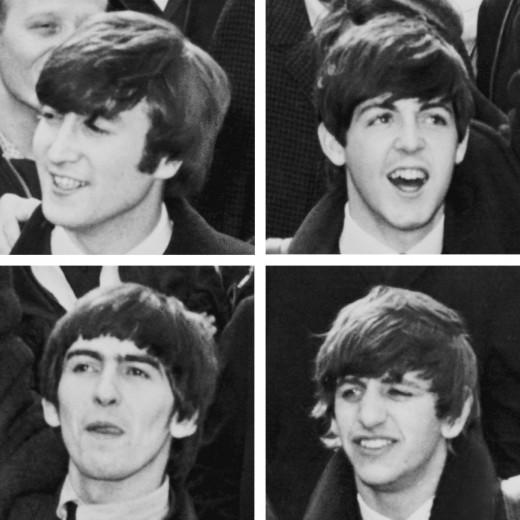
Music therapy is an interpersonal process in which the therapist uses music and all of its facets, physical, emotional, mental, social, aesthetic, and spiritual to help clients to improve or maintain their health. It has been used for centuries as a way to restore energy, improve mood and help in maintaining a healthy body. The client's needs are addressed directly through music; in others they are addressed through the relationships that develop between the client and therapist. Music therapy is used with individuals of all ages and with a variety of conditions, including: psychiatric disorders, medical problems, physical handicaps, sensory impairments, developmental disabilities, interpersonal troubles ,communication disorders,and aging. It is also important to improve learning, build self-esteem, reduce stress, and facilitate a host of other health-related activities.

